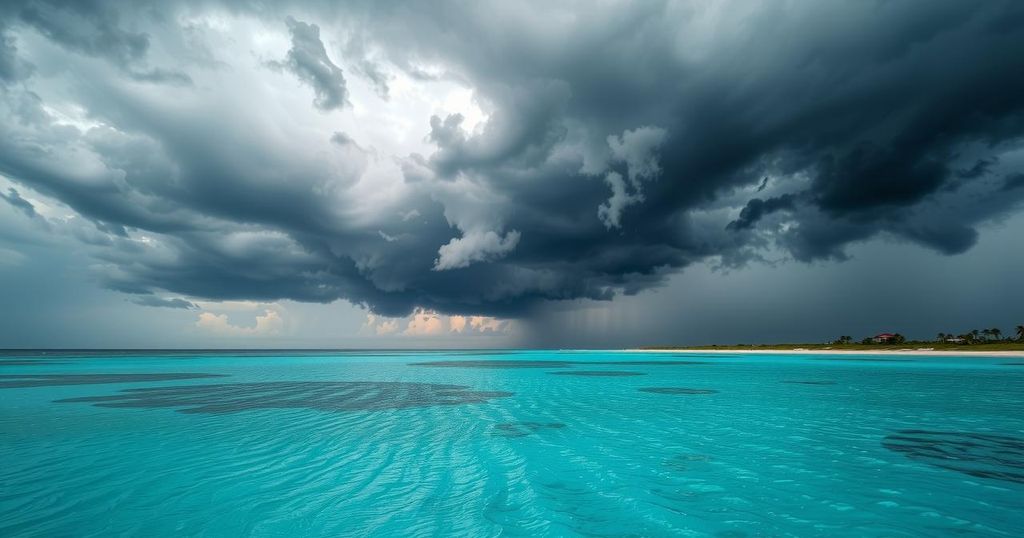Qatar’s Prime Minister warns that an attack on Iran’s nuclear sites could contaminate the Gulf’s waters, threatening life in Qatar, UAE, and Kuwait. He urges diplomacy to prevent military action, which he believes would devastate fisheries and accessible water sources. Qatar, facing potential water shortages, has initiated the construction of large reservoirs for emergency water supply.
Qatar’s Prime Minister, Sheikh Mohammed bin Abdulrahman Al Thani, has raised concerns that an assault on Iran’s nuclear facilities could lead to severe contamination of the Gulf’s waters, threatening the survival of populations in Qatar, the UAE, and Kuwait. These states, with nearly 18 million residents, depend primarily on desalinated water drawn from the Gulf, facing dire water scarcity without alternative resources.
Sheikh Mohammed stressed that any military action against Iran would devastate marine life and essentially eliminate available water resources, asserting, “there would be no water, no fish, nothing … no life.” He advocates for a diplomatic resolution to prevent escalating tensions that could ignite a regional conflict.
In the context of Iran’s nuclear ambitions, Sheikh Mohammed highlighted potential threats, noting that several of Iran’s nuclear sites are geographically closer to Doha than Tehran. He also indicated that Qatar had forecasted a scenario where it could face serious potable water shortages just three days after an attack on these facilities. To mitigate risks, Qatar has developed substantial concrete water reservoirs to bolster emergency supply capabilities.
The geopolitical landscape remains intricate, as President Trump seeks to engage Iran in negotiations while reinstating a strict sanctions regime to reduce Iran’s oil exports and isolate it economically. Conversely, Iran firmly rejects allegations of pursuing nuclear weapons and maintains a posture against external pressures.
In summary, Qatar’s Prime Minister foresees significant ecological and humanitarian risks from a potential military strike on Iran’s nuclear sites. The dependency of Gulf states on desalinated water draws attention to their vulnerable water supply situation. Sheikh Mohammed’s call for diplomatic dialogue emphasizes the urgent need to stabilize tensions to prevent catastrophic outcomes in the region’s delicate environment and water resources.
Original Source: www.thestar.com.my






